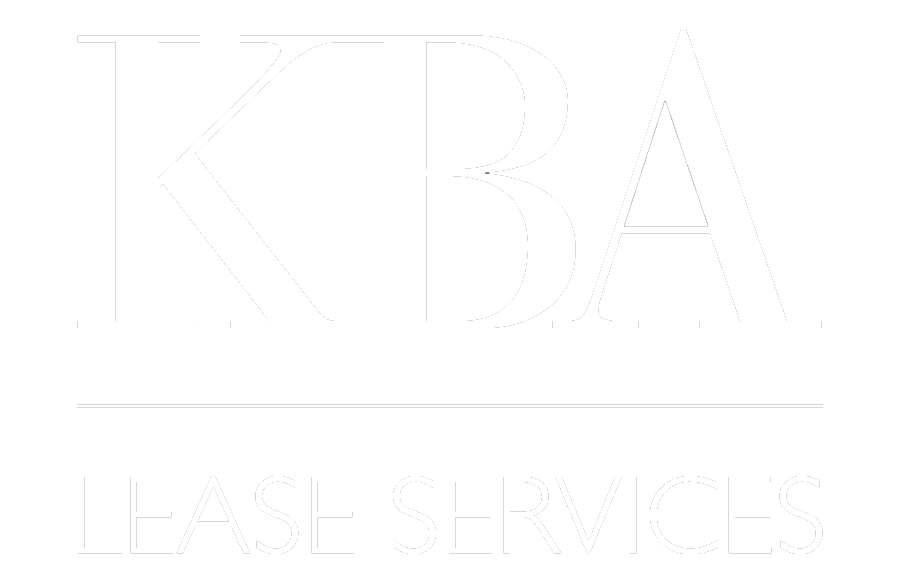How can I avoid rent overcharges in the future?
Controlling real estate occupancy costs requires continuous diligence.
Although lease auditing can recapture overpayments your company may have unwittingly made, it doesn’t prevent overcharges from recurring, and it usually only addresses the larger locations. In order to prevent overcharges, a company must implement a regimen of constant monitoring of lease costs for all of its locations. It must also adopt a process by which it continuously improves its lease language for new transactions.
Constant monitoring of lease costs requires that each occupancy-related expense be verified and authorized by a qualified employee. In order to do this effectively, the employee must have ready access to the underlying legal documents, must check each and every expense against the documents and must have the ability to effectively question charges that appear incorrect. Although ready access to lease documents can be achieved through an effective lease administration system, in many companies these charges are authorized in the field by people who do not have access to such a system and therefore have no means to verify whether the amounts charged are truly due. Furthermore, if after checking a charge against the documents a question is raised, the person approving the bill must have know how to challenge it within the guidelines of the lease. If the person cannot effectively do this, then checking the charges against the documents becomes nothing more than an academic exercise.
In addition to checking bills against the legal documents, a good way to reduce costs in the long term is to constantly improve lease language. In many cases, a tenant may be charged for something that is clearly inequitable, but nothing can be done about it because the lease is inartfully drafted and the landlord is not legally required to withdraw its charge. Tenants should adopt a procedure to incorporate and re-write into its standard lease documents the lessons learned from its lease audit experiences (and from those of other companies).
